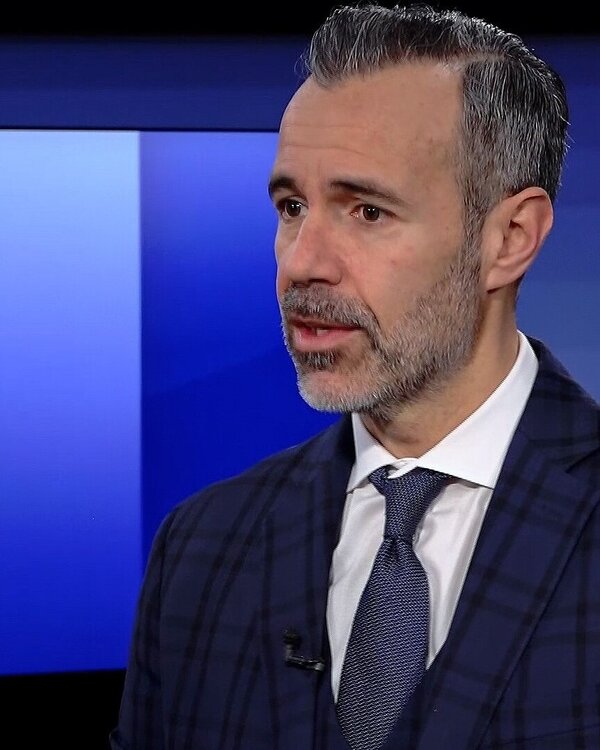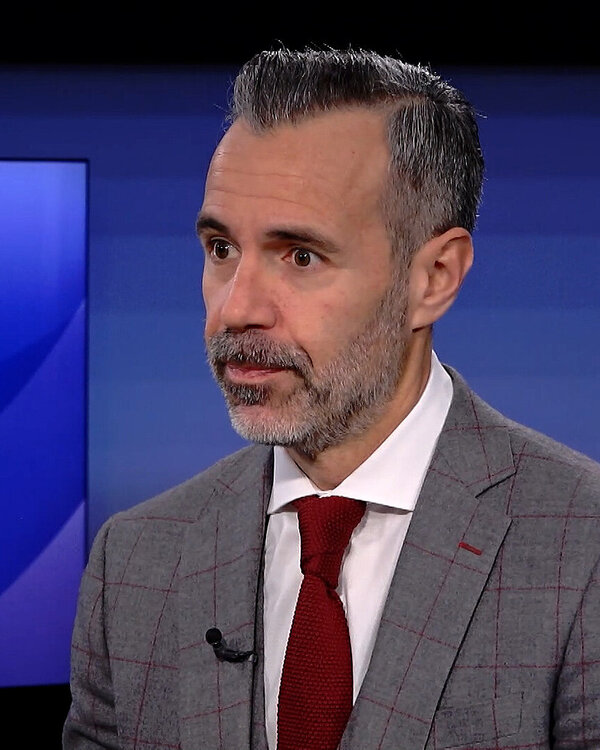Invest in a diversified way with funds
Investing in funds can offer investors not only broad diversification and thus reduced risk, but also access to expertise and specialised investment areas, says Dr. René Nicolodi in the interview.
Interview with Dr René Nicolodi

What advantages does a fund portfolio have over a portfolio of individual securities?
A fund portfolio has several advantages. Firstly, it provides broad diversification across various funds and thereby across hundreds or even thousands of individual investments. This significantly reduces the risk of a total loss on individual positions. Secondly, fund investors gain access to expertise. Fund managers are generally very experienced in their respective fields. Furthermore, funds provide access to specialised investment areas that may not be easily accessible through individual securities. Finally, investors have a wide selection of funds available to them, such as active, passive, or sustainability-focused investment vehicles.
There are thousands of investment funds – how does one find the right one?
The starting point is always the investment strategy, which includes assessing individual risk tolerance and risk capacity. This determines the proportion of equities in the portfolio.
What are the most important criteria when selecting a fund?
It is crucial to understand what a fund actually does and which securities are effectively included in its portfolio. Other criteria include the fund's costs, the return after costs, and the credibility and expertise of the fund manager or the fund provider.
In addition to broadly diversified fund portfolios, there are also strategy funds – who are they suitable for?
A strategy fund is essentially an all-inclusive solution. This solution can be particularly suitable for investors who have little time or inclination to engage intensively with the financial markets.
To what extent can a broadly diversified fund portfolio enhance returns?
The advantage lies in accessing different sources of return across various asset classes. The active management of these sources of return can be very beneficial over time. Additionally, individual investment preferences can be integrated, such as investments in trending special themes. This allows for the creation of a tailored investment solution.
Fees are also a consideration. How can one achieve the most optimal return-risk ratio with a fund portfolio while maintaining reasonable fees?
Ultimately, it is about examining the costs and, in particular, the return after costs of comparable funds. It is also important to source high-quality funds from established providers.
What is Diversification?
Diversification is an investment strategy aimed at avoiding cluster risks. Cluster risks arise when investors allocate the majority of their capital to a single investment or a small group of similar investments. To invest in a diversified manner means to spread capital across multiple different investment opportunities. If one investment performs poorly, other investments in the portfolio may potentially offset this loss.
Aspects of diversification include, for example:
- Asset Classes: Investing in various asset classes such as equities, bonds, real estate, alternative investments, commodities, or cash.
- Sectors: Investing in diverse sectors such as technology, healthcare, finance, consumer goods, industrials, etc.
- Geography: Investing across multiple countries, currency zones, and regions.
- Company Size: Investing in companies of different sizes (large corporations as well as small and medium-sized enterprises).
This interview was first broadcast in a slightly modified form in the programme "Money" (in Swiss German only) on 7 February 2025 on Tele 1, Tele M1, and TVO.


